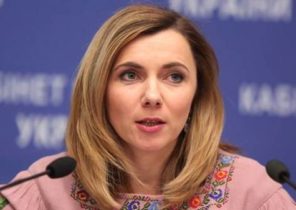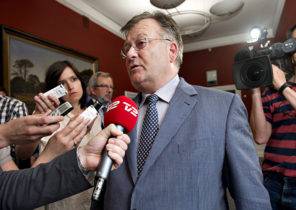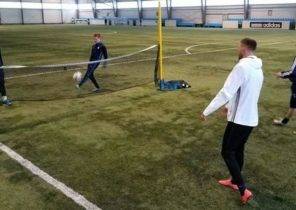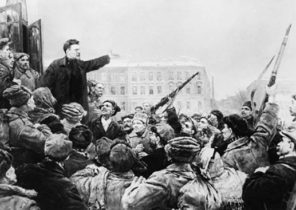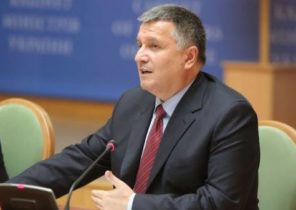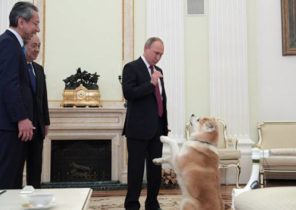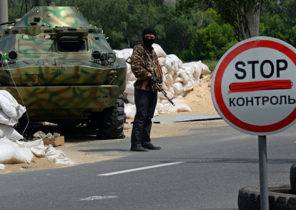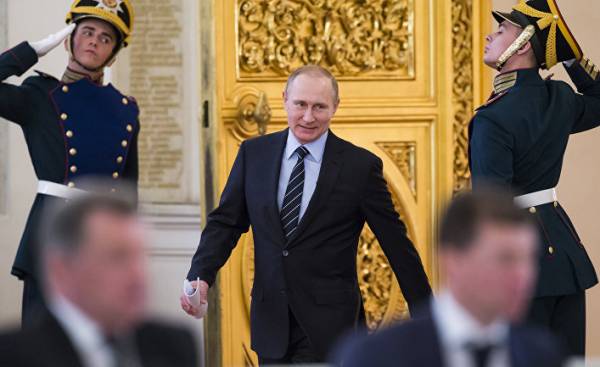
When Vladimir Putin was asked about his work two years after his arrival in the Kremlin in 1999, he replied something like that he is a hired Manager, elected by the Russian people for a certain period. When he asked the same question today, he calls his work “fate”. Yesterday, March 26, several thousand people came to the largest anti-government demonstration in years, to speak out against Putin and the Prime Minister, his protégé, Dmitry Medvedev.
But despite all this, for most Russians, Putin is still a symbol of stability that came after 15 years of turmoil and unrest, which included the senseless and disastrous reforms of the Soviet Communist system, the abrupt ending and the sudden onset of freedom, which often turns into permissiveness, painful collapse of the Soviet Union, market reforms, often called “shock without therapy”, a sharp stratification of society into rich and poor, the abolition of ideology and a sharp decline of morals.
The first President of Russia Boris Yeltsin appointed Putin as his successor, but Putin has won the recognition of the people that he rein in the oligarchs, put an end to the seemingly endless war in Chechnya, broke the foundations of the once powerful Communist party and pushed the liberals into the background. He created Russia’s traditional hierarchical system of government. Now the state, which has long obeyed the powers that be, were able to strike back, regaining all the power to the full.
In its policy, Putin largely relied on paternalistic demands and sentiments of the majority of Russians, who failed to find their place and succeed in the post-Communist era. He’s not just honestly won elections, which under his regime became a means of convincing the people in power, not their shift. He managed to find a way to stay in power in a country that rejected both its predecessors, once very popular Mikhail Gorbachev and Boris Yeltsin. When at the beginning of his presidency he had to make a choice between the elite, including intellectuals and the common people, he chose people.
Putin understood to rule in Russia, he must really be popular among ordinary Russians and, from time to time to punish some members of the elite, depicting “good king”, taming the “greedy boyars”. The popularity ranking of importance: in order to govern effectively, you must have a rating of popularity at least 60%, and to manage it comfortably — 70%. But if the popularity rating is close to 50% — in the West it is considered absolutely normal in Russia there is a danger of civil unrest. Thus, thanks to his personal qualities, public actions and installations Putin has managed to give legitimacy to the Russian state in the eyes of the vast majority of Russians.
Putin has restored Russia’s great power status lost with the collapse of the Soviet Union. First he tried to integrate Russia into the structure of the West as an important ally of the US and NATO and a close partner of the EU within the “greater Europe”. When his attempts failed, he led Russia to the Western orbit, restored the military potential of the country and have used them to protect Russia’s interests in Ukraine — as he understood them — and to demonstrate power beyond the former Soviet Union, to show the world that Russia is back in the game. Putin strongly and openly challenged the US domination in the world.
Putin, whom the West considers to be a destroyer, stood on conservative policy in Russia. He agreed to economic reforms during his first term, he later endured the talk of modernization, but his methods are, in essence, bureaucratic. Putin is a capitalist and statist at the same time. He understands the power of the market, but he treats it with caution, ready at any moment to use the levers of the state to establish control over it. He turned the former oligarchs obedient servants, ready at any moment to carry out all his instructions. He helped his old friends to earn status, knowing that he could rely on their loyalty — this is what Putin is, apparently, valued especially highly. The question about his state of Putin absolutely does not make sense: at some point the money into coarse power, and in this respect, the Russian President’s few rivals, if any.
Putin is autocrat, which has enlisted the consent of the people — to preserve those personal freedoms that the Russians acquired after the collapse of the Communist system. People have a right to practice different religions, they can travel freely, access to Facebook and Twitter is not yet restricted. Moreover, in Russia there are still several informational publications that are openly critical of the Kremlin. However, political freedom was limited to a much greater extent, and this was done in order to prevent “color revolutions” and not to give any chance of disgraced oligarchs, was captured political ambitions. For the bulk of the population of Russia, all this has almost no value, and from the few remaining activists have a choice: either you accept these rules of the game, or you have to leave.
Putin once called himself the main nationalist Russia. He also proclaimed the patriotism, the national idea of Russia. In his list of values, the Russian state is one of the top lines. From the first day in office, President Putin has consistently fulfilled the last wish of Yeltsin, “Take care of Russia”. One of the historical names of Russia the Soviet Union was, therefore, not surprising that Putin its collapse was the greatest catastrophe. The system of views of Putin is based on the rich history of Russia. Putin once joked that after the death of Mahatma Gandhi in the world are no more the person with whom you could talk. Indeed, he talks with many people, but it is close only with the Russian rulers of the past: the kings, emperors and party leaders. He was the next in their long line.
When no equal at home and almost has no equal abroad, it becomes a heavy psychological burden. People tend to find some credibility again. But for Putin, religion is not only a private matter. From his point of view, Orthodoxy is a spiritual and moral guide, the essence of the unique Russian civilization, and it is impossible to fully understand the history and classic literature and art of Russia. For Putin, the “Byzantine Symphony” — the Alliance between the state and religious organizations, primarily the Russian Orthodox Church — is the Foundation of national unity.
Next year in Russia should pass presidential elections. Almost everyone is convinced that Putin will run for another term, and no one doubts his victory. The only question is how many people will come to polling stations and how many of them will vote for Putin. The Kremlin now believes that both cases will be typed approximately 70%. This fourth term of Putin at the head of the Kremlin — fifth, if you count the time he worked as Prime Minister under President Medvedev — it may be his last not so much because after this six-year term he will be 72 years old, but because he didn’t want to change the Constitution.
However, most likely, Putin will not leave the stage even after 2024 — by which time he will be in power for almost 25 years: in fact his work is a mission he can’t complete while he was alive. His main challenge in the future is to hand over the reins to a new generation of Russian leaders to make sure that the system works without a hitch. At the moment he’s trying to find these people — most of them now just 40 or 30 which could be included in this group. Some of them have already been appointed to high posts of Ministers, governors and other senior officials. They will have to pass the test and perform their tasks. Putin himself — the unquestioned authority to his protégé, then, becomes pater patriae (“father of the Fatherland”).
It is still too early to make final judgments with respect to Putin. He managed to unite the country and restore its status on the world stage. He remains a powerful figure and he was always ready for the unexpected. He has had a profound impact on their country. This Is Putin’s Russia. Mainly because he is Putin of Russia.
